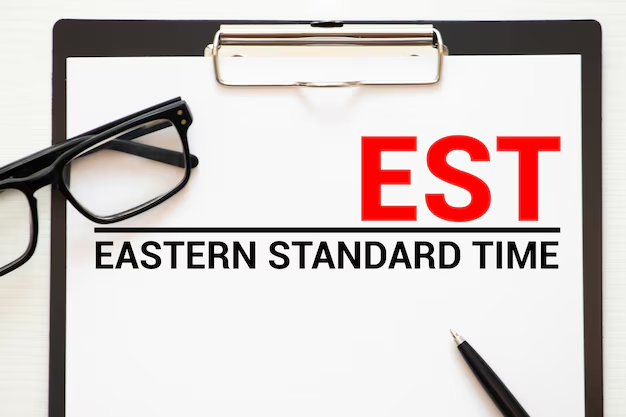How Long Does Getting Approved for an Apartment Really Take?
Finding the perfect apartment can be both exciting and daunting. You've toured a few places, selected the one you love, and submitted your application. Now comes the often nerve-racking part: waiting for approval. How long does the process actually take, and is there anything you can do to speed it up?
Typical Approval Timelines
Apartment approval typically takes anywhere from 24 to 72 hours, but this can vary greatly depending on a few factors. High-demand areas, thorough background checks, and landlord availability can all influence this timeline. If you're moving to a highly competitive rental market, expect a longer waiting period.
While the credit check might be instant, verifying your employment and previous rental history can take additional time. Be proactive; ensure your references and employment details are accurate and readily available to help move things along more smoothly.
Factors Affecting Approval Time
- Complexity of Application - If you have multiple sources of income or a complicated rental history, landlords might take longer to verify your details.
- Rental Market Competition - In cities with high demand, landlords often receive numerous applications, which can delay responses.
- Landlord and Application Process Efficiency - Some landlords or property management firms use automated systems that streamline processing, whereas others rely on manual checks, which are inherently slower.
What If It Takes Longer?
If you're anxious about a delayed response, it might be worthwhile to gently follow up with the landlord or property manager. Otherwise, the delay might be a good time to explore government aid programs and financial assistance options.
If getting approved is taking longer due to financial challenges, you'll find there are several programs that can help:
- Government Housing Assistance - Programs like Section 8 offer subsidized housing options for those who qualify.
- Local Nonprofits - Many community organizations offer temporary rental assistance for individuals in need.
Financial Preparedness for Renters
Navigating financial concerns is crucial before moving into a new apartment. Here are some proactive steps you can take:
- Credit Score Maintenance - Your credit score plays a major role in apartment approval. Regularly monitor it to ensure accuracy and take corrective actions as needed.
- Debt Management - Look into debt relief or consolidation options if your debt-to-income ratio is a barrier. Refinancing or consolidating can simplify payments and sometimes lower interest rates.
- Emergency Funds - Create a savings buffer to handle unforeseen expenses like application fees or security deposits.
Bridging the Financial Gap
For those struggling to make ends meet, understanding the variety of financial tools and assistance programs available can be liberating. Don’t overlook educational opportunities either—if you're looking to improve your career prospects, there are grants and scholarships designed to make learning more accessible.
📝 Additional Resources & Programs:
- 📊 Public Housing Programs: Explore subsidies available through government housing authorities.
- 💳 Credit Counseling Services: Get advice on improving your credit score and managing existing debts.
- 🌟 Educational Grants: Consider paths to further your education, potentially enhancing earning potential.
- ⚖️ Debt Relief Options: Look into consolidating loans for easier management of monthly payments.
- 🆘 Rental Assistance Initiatives: Check regional non-profits for short-term financial support.
Approaching your apartment search and financial preparedness with these strategies in mind will not only ease the approval process but also set a strong foundation for your move. Remember, thorough planning and utilizing available resources can make a world of difference in securing your new apartment with confidence.

